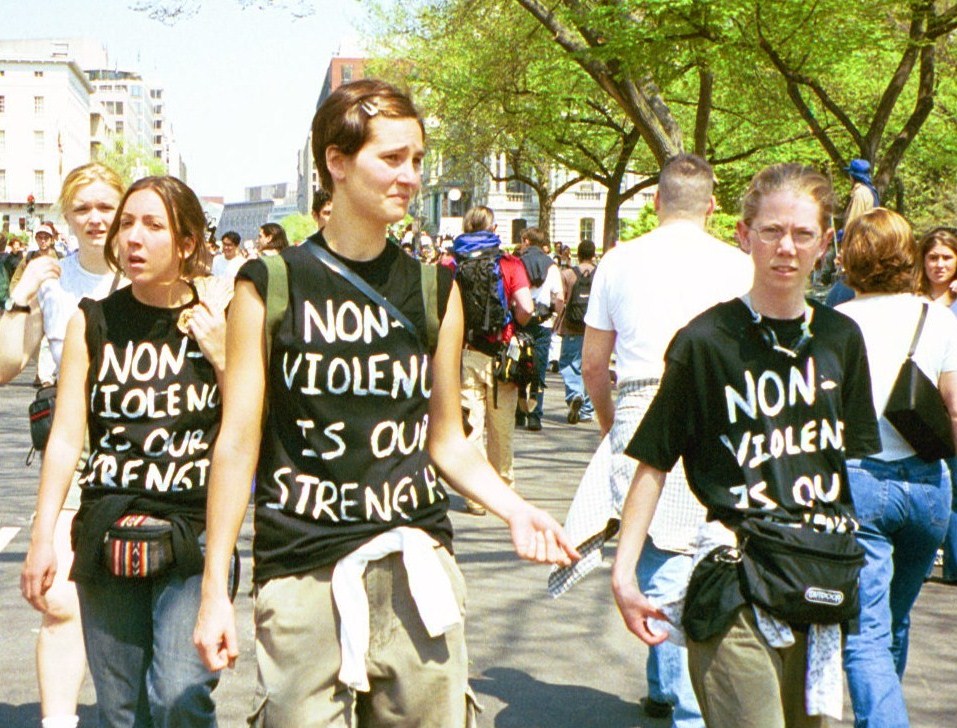
If you call yourself spiritual but not religious, I’m curious about how you pray.
Or whether you have any regular practice that might be called prayer.
- Have your prayers changed form over the years?
- Has meditation supplanted prayer?
- Do you use different words? Or any words?
- Has the God you pray to changed? That is, has your concept of what we call God changed — or call it Spirit, the Absolute, All That Is?
Wait, let’s save that last question for next week. I’d like to make this a two-part blog about prayer and whether it has changed for you in your lifetime.
HAS PRAYER CHANGED?
The evolution of prayer has been on my mind because I’ve been asked to give a keynote this summer about how prayer has changed in the past 50 years.
My first reaction was, Has prayer changed? Isn’t it immutable?
But certainly prayer has changed for me and for many others who would call themselves spiritual but not religious, a group so enormous that book publishers now label us SBNRs.
SBNRs often are refugees from rigid religions with oppressive prayers that forced them into submission as worms of the dust.
At least that’s what they remember from childhood.
So the former Catholics reject any kind of rote prayer, and the former Baptists reject long, beseeching prayers about their sins.
Comparing a child’s view of God and religion with your beliefs today, however, might not be fair.
A child can’t apprehend the nuances of centuries-old theology. Most children, I’d guess, equate religious teaching with a list of who’s naughty or nice.
What you might have understood as a child was not so much wrong as incomplete. And that’s true even if you were taught nothing much about God or prayer.
I hope as an adult you have cobbled together a set of beliefs that make sense and are useful in your daily life, whether or not they carry the label of any spiritual group.
Our needs change as our understanding of the divine and human nature change.
AFFIRMING ONLY THE GOOD
In my personal journey, I grew up Southern Baptist and ended up in New Thought, an American spiritual movement from the 1800s that now includes Unity churches and Centers for Spiritual Living.
Here, I learned about affirmative prayer.
Very briefly, it affirms the good that is already available in the universe, rather than carrying fear and worry into prayer.
In affirmative prayer, we make declarations of good in the belief that anything we could possibly need already exists in Spirit and therefore in us. Our thoughts determine what comes into physical form.
So our thoughts literally create our reality.
Ideally, then, we keep our thoughts as awakened and elevated as possible, which accounts for the sometimes annoying positivity of people on this path.
Some of my cohorts suggest – and sometimes I agree – that prayer per se isn’t necessary. All thoughts are prayers. Just maintain a higher viewpoint of life and expect only the good. No need to paint specific pictures, no matter how positive, or ask for particular outcomes.
SPENDING TIME APART
There’s nothing wrong with living in the highest possible consciousness and counting it all as prayer.
But even Jesus slipped away regularly to pray. Most mystics have described spending substantial time to refresh their sense of cosmic connection.
It’s an old chestnut that SBNRs feed their spirituality in nature, although I hear that claim mostly from people living in overdeveloped suburbs.
Appreciating the wonders of the Earth is only one small way to connect with All That Is.
So what are some other ways?
How has prayer changed for you, if it has? Do you think it’s beneficial to set aside time to commune with the divine?
I hope you’ll comment below.
Further thoughts next week.
















